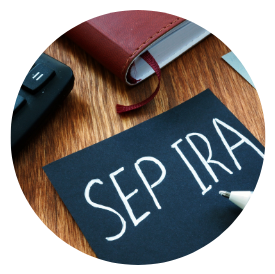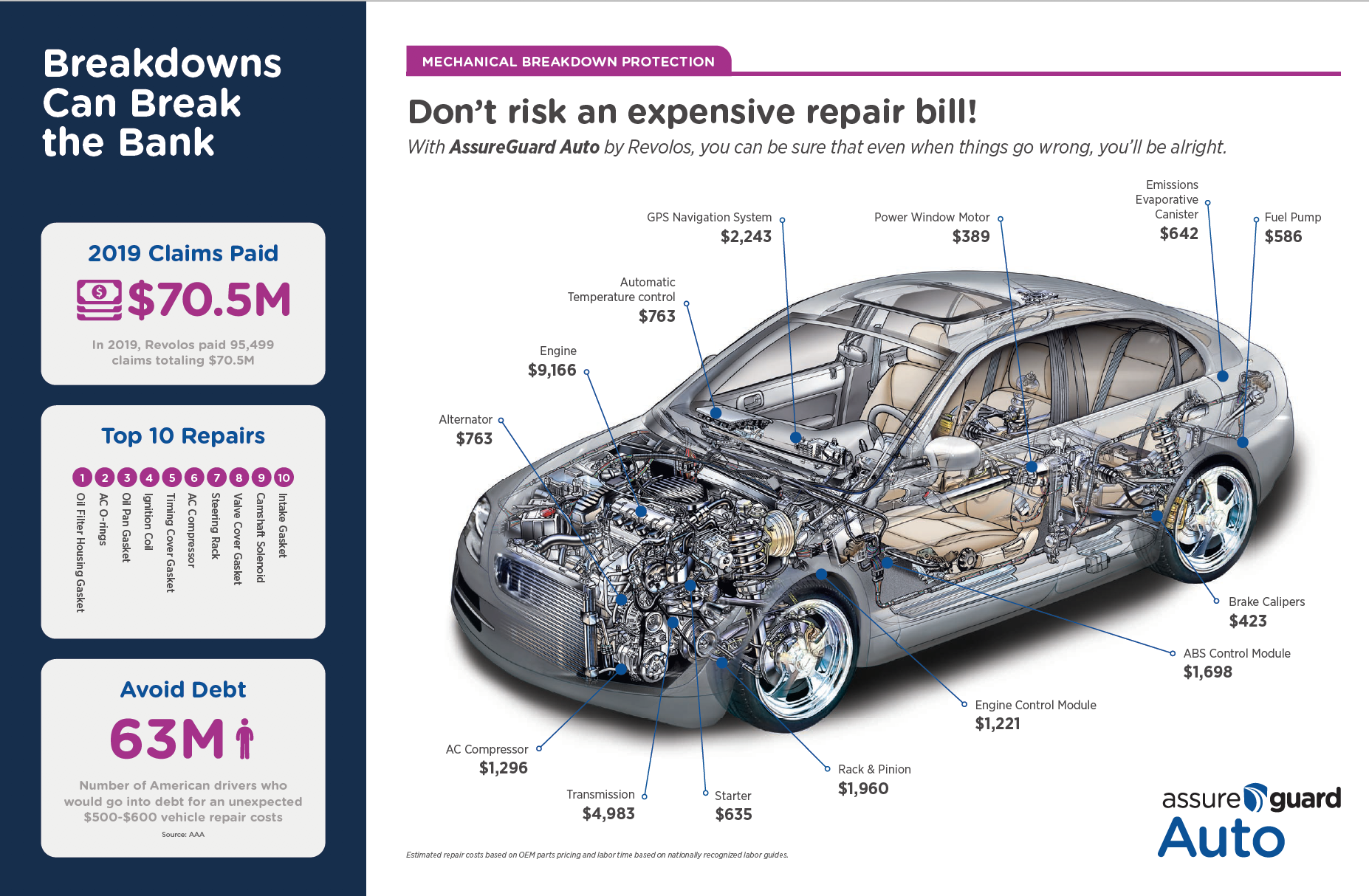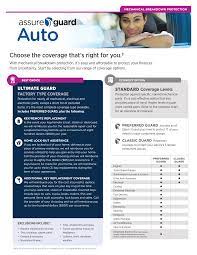

There's a plan for your business.
A SEP plan is available to all types of businesses, including tax-exempt entities and state and local governments, but are ideal for self-employed individuals and small businesses.

Eligibility
As an employer, you may set the following employee eligibility requirements as long as they apply to all employees, including you. (You can also choose to be less restrictive or not apply any restrictions.)
- Employees must be at least age 21.
- Employees must have worked three of the immediately preceding five years.
- Employees must earn at least $650 in compensation for 2021 and for 2022.
- Certain nonresident aliens and union employees may be excluded from the plan.
To adopt a SEP plan, you have until the due date, including extensions, for filing your business's federal tax return for the tax year that you want to start the plan. You must sign a written agreement; provide employees information about the plan; and have each eligible employee establish a Traditional IRA to receive SEP plan contributions (or establish one for them if they won't).
Contributions
Only employer contributions are allowed in a SEP plan and they must be made on behalf of all eligible employees. The deadline to make - and deduct - contributions each year is your business's federal tax return due date, including extensions.
The annual contribution limit per employee is the lesser of
- 25 percent of the employee's compensation (up to a defined compensation cap) or
- $58,000 for 2021 ($61,000 for 2022).
SEP plan contributions and earnings are tax-deferred and subject to the same rules as Traditional IRAs, especially when moving, withdrawing, or converting the assets.



